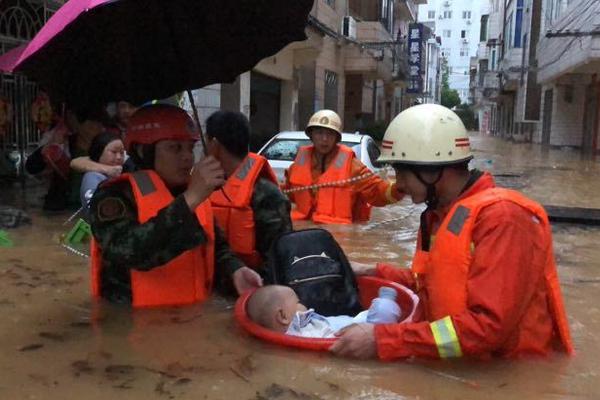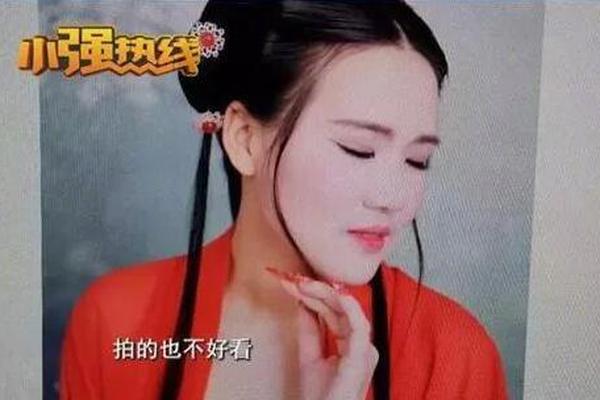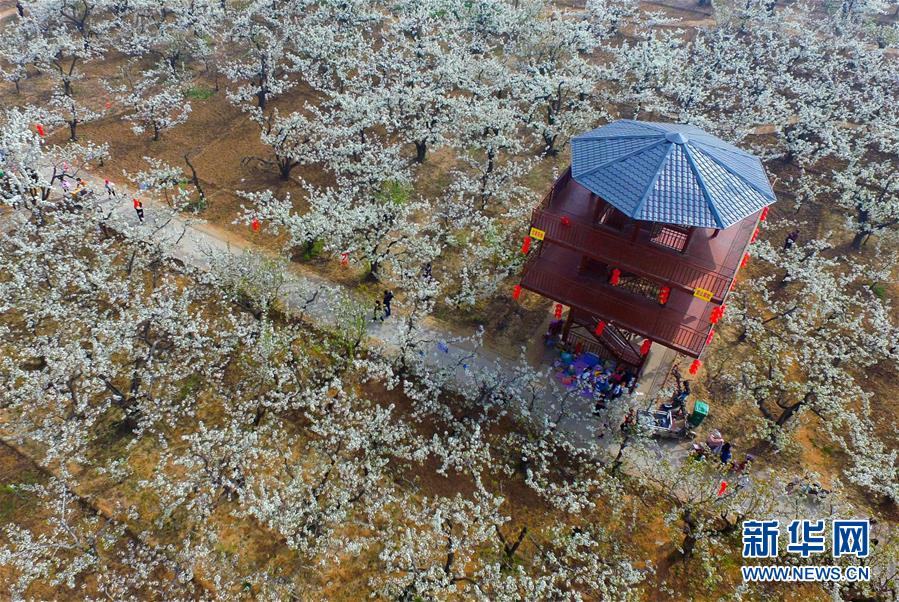Nine major Chinese automakers,kamadeva the god of eroticism painting including BYD, SAIC, and NIO, have been allowed to proceed with a pilot program to test their production vehicles with medium-to-high levels of automation on public roads, according to a document jointly published by four central government departments on Tuesday. The initiative, launched in November by China’s top industry, public security, transport, and housing authorities, is aimed at facilitating the deployment of intelligent and connected vehicles and sustaining the drafting of subsequent rules, regulations, and national standards for access to such vehicles.
The nine companies are mostly state-owned manufacturers with some private EV makers also included, namely BAIC, BYD, Changan, FAW, GAC, NIO, SAIC, SAIC’s truck subsidiary Hongyan, as well as electric bus maker Yutong. They are now required to detail their proposed testing plans and safety evaluation methodology for autonomous vehicles as part of an application process for temporary permits to commercially operate their robocars with L3 and L4 self-driving functionality on select Chinese public roads. Some of the early movers with the technology, including Tesla, Xpeng Motors, and Huawei, did not join the program. [MIIT announcement, in Chinese, TechNode reporting]
(Editor: {typename type="name"/})
 Best Amazon deal: The DJI Power 1000 is just $549
Best Amazon deal: The DJI Power 1000 is just $549
 Amazon's 'Four More Shots Please' is engrossing despite its faults
Amazon's 'Four More Shots Please' is engrossing despite its faults
 Facebook's News Feed changes were supposed to make us feel good. It's not working.
Facebook's News Feed changes were supposed to make us feel good. It's not working.
 'Great British Bake Off' finale is tonight, and British Twitter is going to explode
'Great British Bake Off' finale is tonight, and British Twitter is going to explode
 Watch Chappell Roan's Grammy acceptance speech demanding healthcare for artists
Watch Chappell Roan's Grammy acceptance speech demanding healthcare for artists
HDMI 2.2 set to be announced at CES 2025
 HDMI 2.2, the new HDMI specification is set to debut in early January. In an email sent to the press
...[Details]
HDMI 2.2, the new HDMI specification is set to debut in early January. In an email sent to the press
...[Details]
Who is this mysterious doctor behind Trump and what does he want?
 Donald Trump's rallies attract all sorts of people -- including, apparently, doctors in full uniform
...[Details]
Donald Trump's rallies attract all sorts of people -- including, apparently, doctors in full uniform
...[Details]
Uber is giving out free flu shots
 If you've been procrastinating getting a flu shot this season, today's a good day to order an Uber.
...[Details]
If you've been procrastinating getting a flu shot this season, today's a good day to order an Uber.
...[Details]
Apple says Spotify wants to 'make more money off others' work'
 Well, it's on now. Yesterday, Spotify publicly filed a complaint against Apple to the European Commi
...[Details]
Well, it's on now. Yesterday, Spotify publicly filed a complaint against Apple to the European Commi
...[Details]
 A glance at the best self-emptying robot vacuum deals ahead of Prime Day Budget pick
...[Details]
A glance at the best self-emptying robot vacuum deals ahead of Prime Day Budget pick
...[Details]
Flight on Southwest or American? Make sure it wasn't on a Boeing 737 Max.
 The FAA may have just messed up your travel plans. On Wednesday, the agency announced that it’
...[Details]
The FAA may have just messed up your travel plans. On Wednesday, the agency announced that it’
...[Details]
Facebook's former chief security officer compares company to 'The Matrix.' Whoa.
 A system designed to keep us docile while extracting value from every aspect of our dulled existence
...[Details]
A system designed to keep us docile while extracting value from every aspect of our dulled existence
...[Details]
The 'Pringles ringle' is a stunning feat of snack engineering
 Science and snacks are joining forces once again to give you the big chip circle you've always wante
...[Details]
Science and snacks are joining forces once again to give you the big chip circle you've always wante
...[Details]
Best monitor deal: Save $120 on LG 34
 SAVE $120: As of Dec. 6, LG 34-inch UltraWide IPS LED FHD monitor is on sale for $209.99 at Best Buy
...[Details]
SAVE $120: As of Dec. 6, LG 34-inch UltraWide IPS LED FHD monitor is on sale for $209.99 at Best Buy
...[Details]
Emma Watson really wishes she could vote in the U.S. elections
 We are two weeks from the election day and Emma Watson can't vote in America, but she really, really
...[Details]
We are two weeks from the election day and Emma Watson can't vote in America, but she really, really
...[Details]
Best MacBook deal: Save $200 on 2024 M3 MacBook Air

Google cracked down on 2.3 billion bad ads last year

接受PR>=1、BR>=1,流量相当,内容相关类链接。